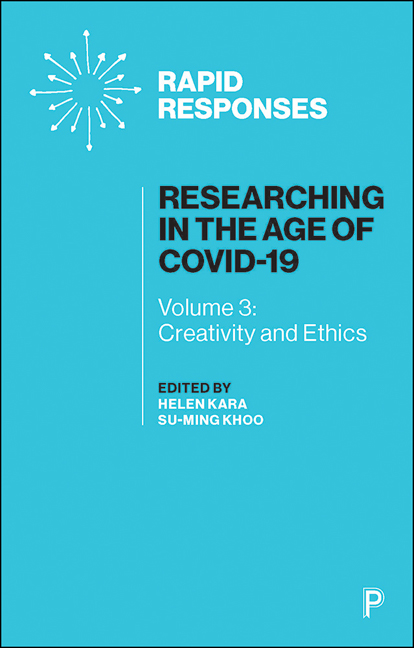7 - Forced Displacement of Migrants from Countries of Origin and Their Transit Migration Through Mexico to the US
Published online by Cambridge University Press: 23 March 2021
Summary
Introduction
Forced migration stemming from state-sanctioned violence, international intervention, crime and poverty in Latin American countries of origin contributes to individual, group or mass exodus migratory movements towards the United States. Debates about the US–Mexico border refer to the situation as a migration crisis, but it is more specific to consider the phenomenon of migration control as a social disaster with crisis manifestations. Migration refers to the process of being in any stage of a migration route, including the place of origin, transit or the final destination. Migrants, therefore, are individuals in movement including asylum seekers, internally displaced persons, returnees, deportees and immigrants who may already be in the process of settling in a destination country.
Starting in January 2019, the author began conducting qualitative research near the US–Mexico border, and even though this research is ongoing, the 2020 intersection of COVID-19 raises some questions about the ethical nature of conducting fieldwork during a disaster. To consider ethics in methodology it is necessary to recognize the rising political attention to the southern US border, the call for racial justice by Black Lives Matter protests, and the detrimental impact of the pandemic as social disasters. Disasters are diverse and social disasters include “politically and socially precipitated catastrophes…when people are targeted due to some aspect of their social identities and suffer oppression, and persecution, either at the hands of the state or through institutionalized social practices, such as racism” (Miller and Wang, 2018, p 40). Since research is often conducted after a disaster, there is a gap in the literature regarding real time-disaster fieldwork (Hu, 2015). There are also limited comprehensive guidelines for conducting disaster research because they are context-and time-specific (Mezinska et al, 2016). This chapter explores ethical considerations for conducting migration fieldwork during concurrent disasters.
Background
Contemporary immigration policy changes bring attention to concerns with transit and irregular undocumented migration. In February 2016 the Obama administration implemented a metering policy to deter Haitian migration at the southern US–Mexico border by limiting the number of asylum seekers entering the US per day, and the Trump administration continues to require asylum seekers to add their name to a waitlist.
- Type
- Chapter
- Information
- Researching in the Age of COVID-19Volume III: Creativity and Ethics, pp. 70 - 79Publisher: Bristol University PressPrint publication year: 2020



